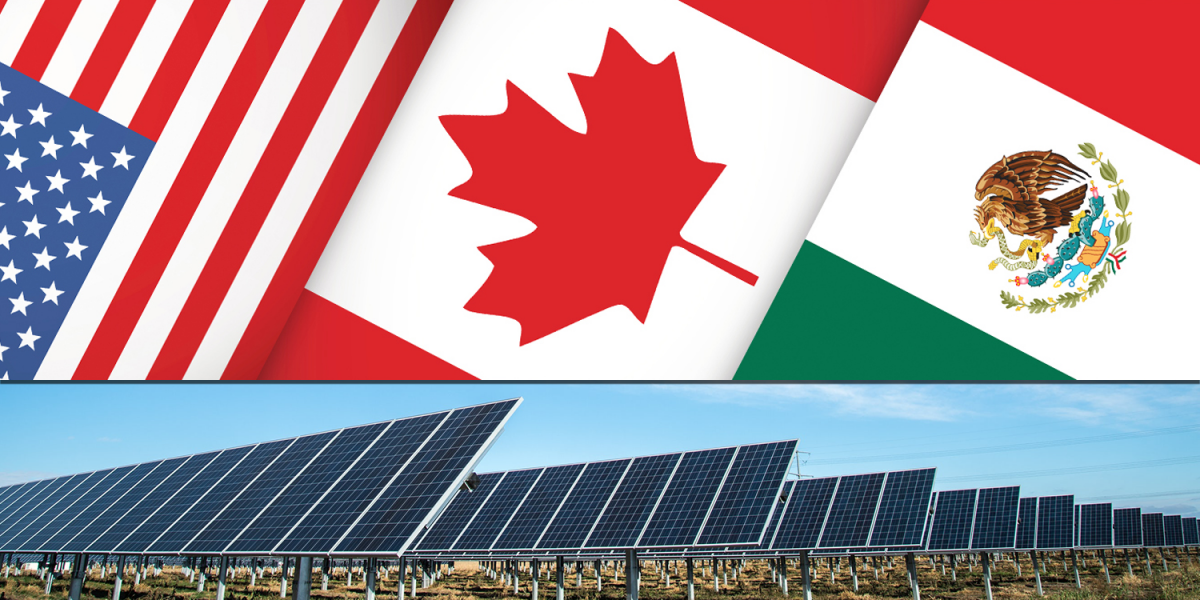
October 30, 2017
When NAFTA was signed in 1993 it was a pioneer with its environmental side agreement. Now environmental considerations are a staple of every major trade agreement worldwide and are a common topic at the World Trade Organization. As the NAFTA negotiators navigate numerous twists and turns, including coming to grips with the possibility that the U.S. may not want an agreement at all, here are 5 ways that NAFTA could be modernized to nurture a cleaner North American economy, including the growth of clean technologies.
5 ways NAFTA could nurture a clean economy:
The trading partners could start by not paying the polluters. Renewable energy faces enough hurdles as it is. The three governments agreed, under the G-20, to end subsidies to fossil fuels. They have not done so and should.
They could encourage the growth of the cleantech market by signing an agreement on free movement of environmental goods and services. Governments have argued about this in the WTO for years. Let North America take the lead and break this roadblock.
Governments could set a good example for the private sector through their massive purchasing power. Governments in the three countries annually spend billions of dollars buying things. Incentives for green or low-carbon goods and services could be included.
Negotiators could also agree to harmonize product efficiency standards. A recent study predicted that harmonizing standards at the highest current levels for things like televisions, industrial pumps and lighting would shave 11% off global energy consumption by 2030 and spur the market for energy-efficient goods.
Finally, a growing cleantech sector requires both government support for R&D and the protection of Intellectual Property Rights. The U.S. is currently pushing the IP language of the now moribund TPP, which was drafted by the U.S. and designed to help U.S. industry. As Jim Balsillie has argued, if Canada agrees to that text, our cleantech industries will be put at a major disadvantage.
Lots to do. So little time.